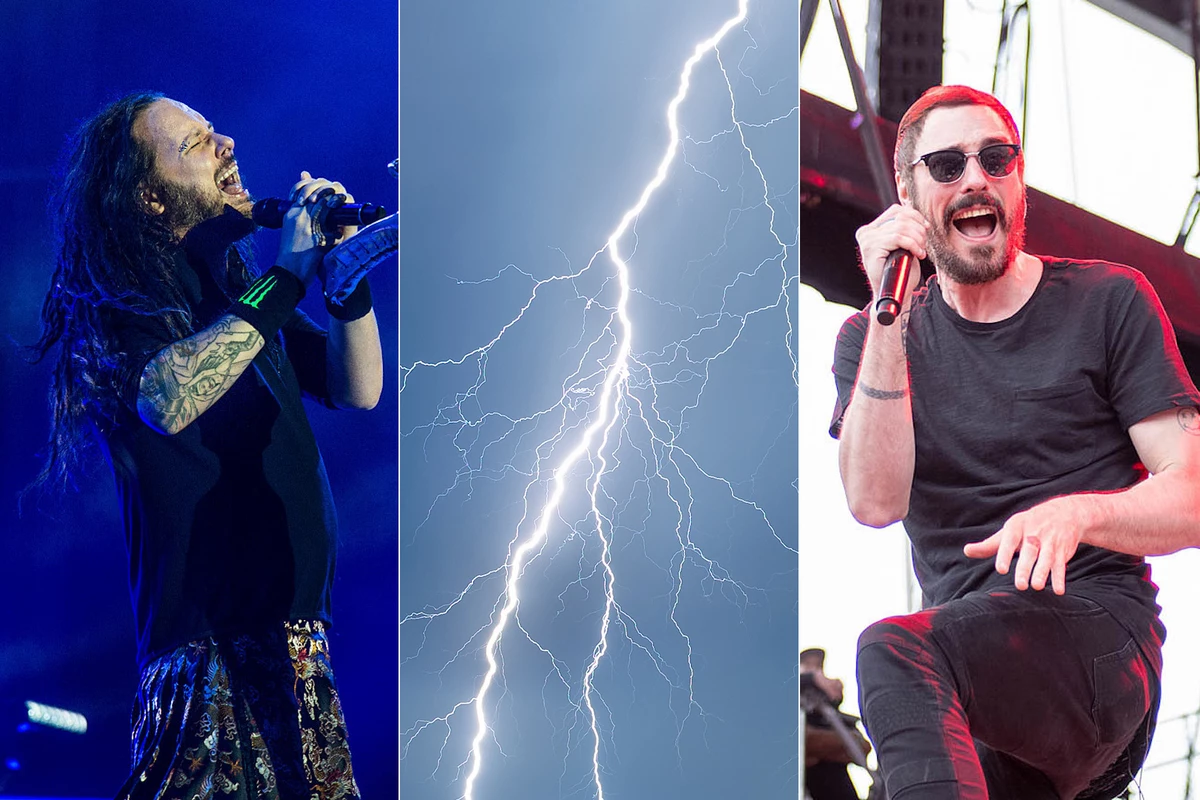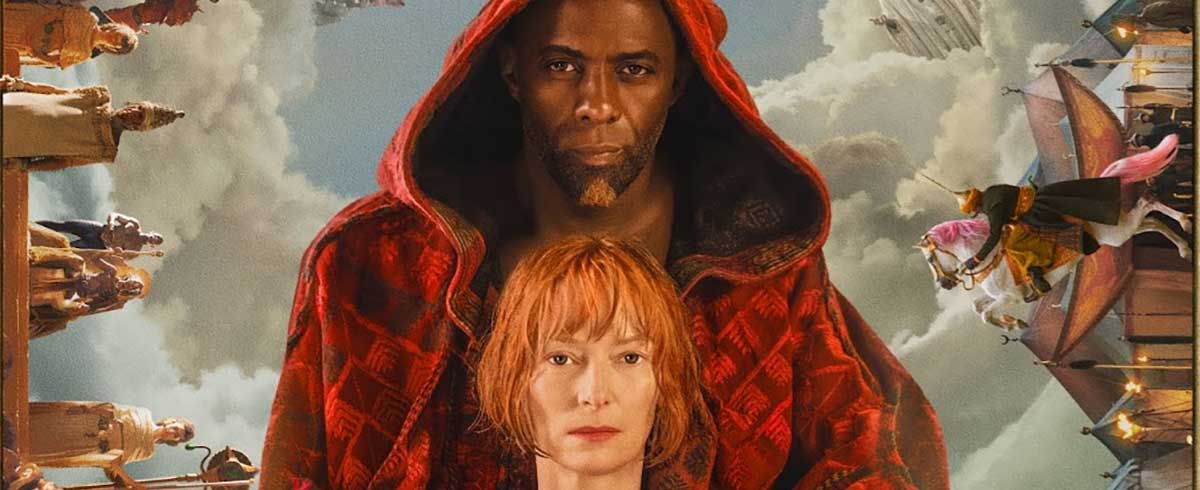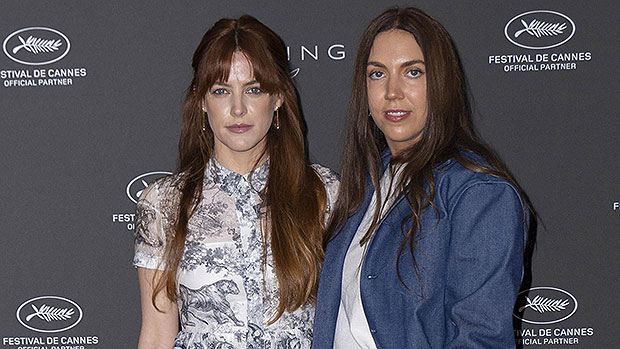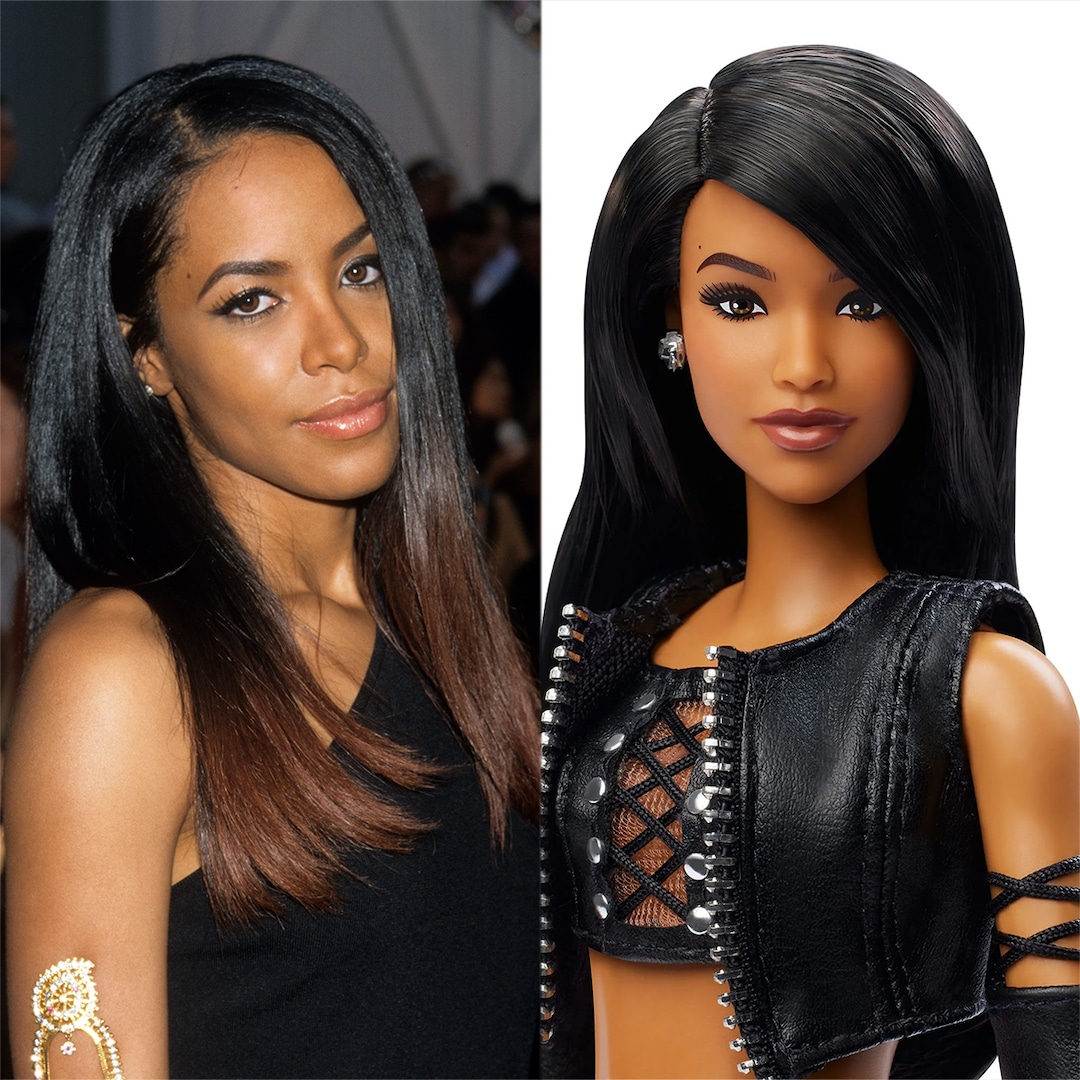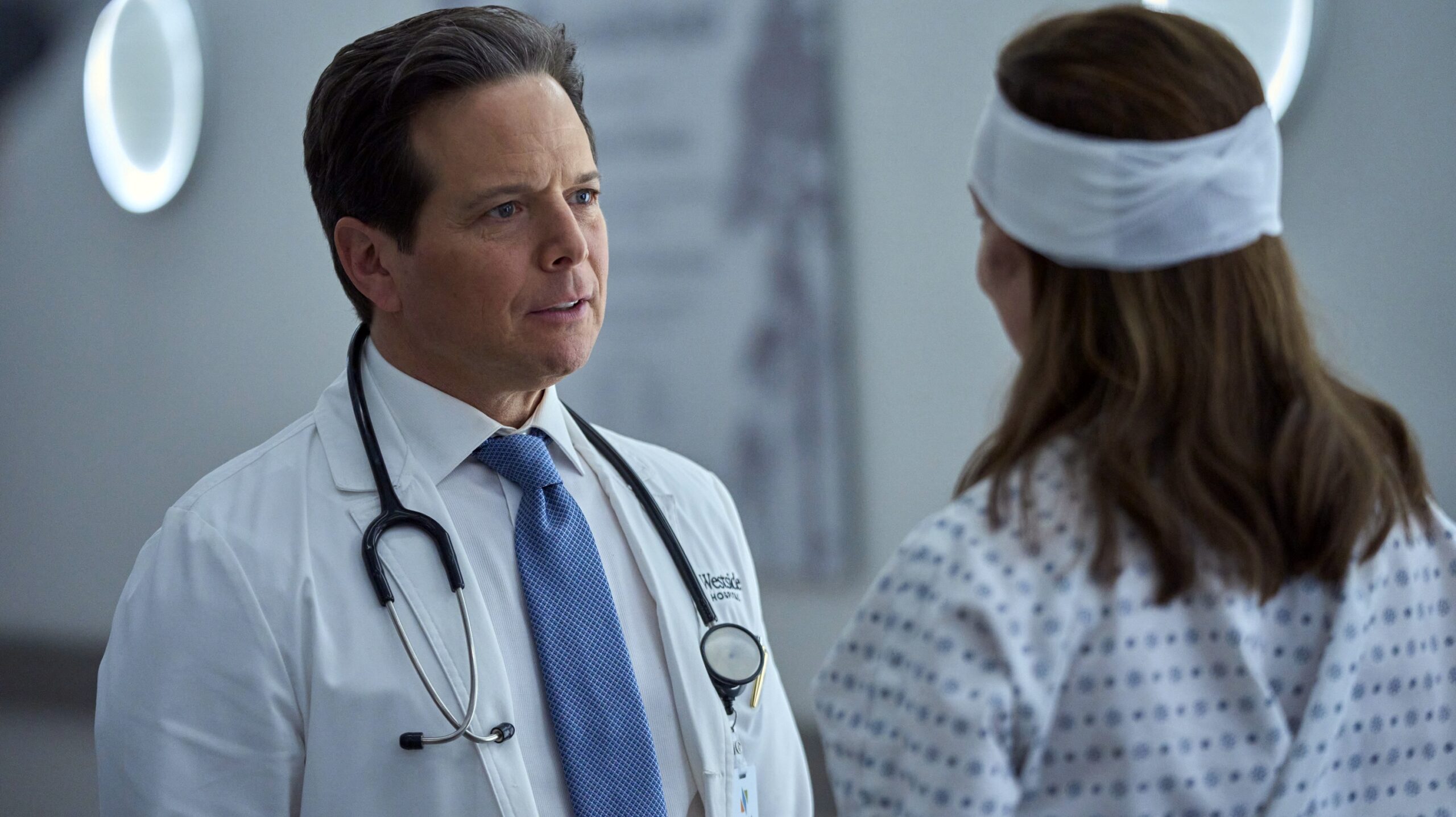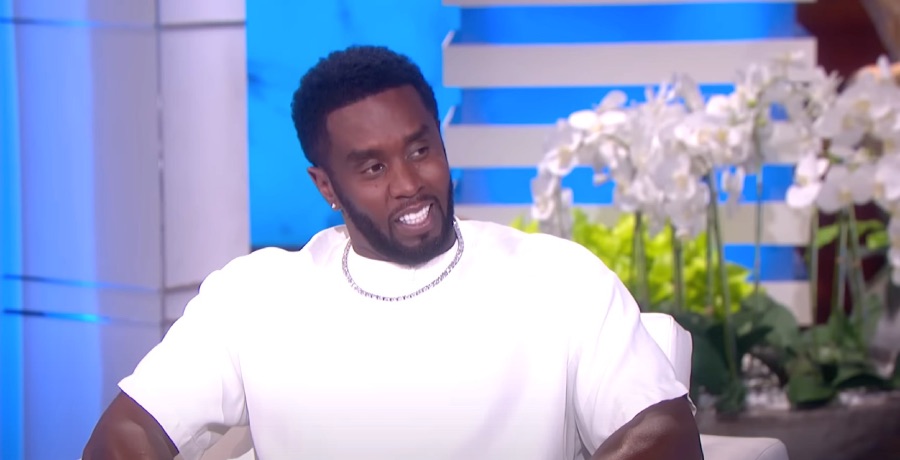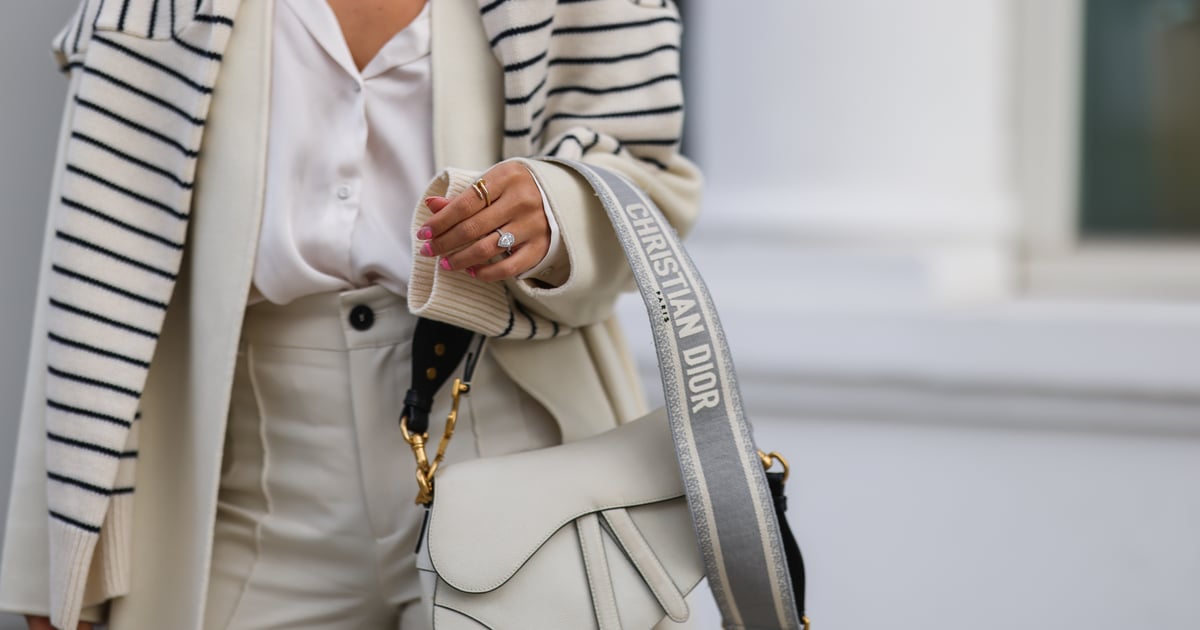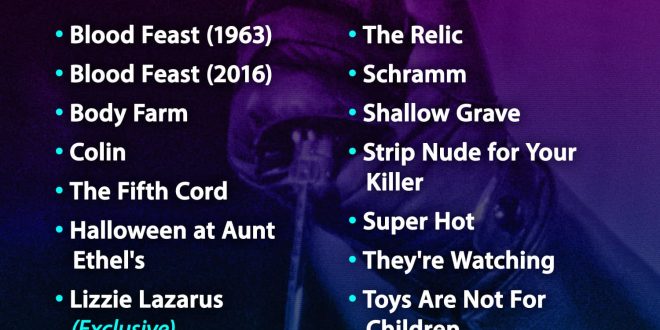Cannes 2022: Ruben Östlund Sinks Capitalism in ‘Triangle of Sadness’
by Alex Billington
May 21, 2022
So this is what happens when you put a bunch of rich assholes on a big yacht! Swedish filmmaker Ruben Östlund is one of my favorite filmmakers these days – he’s a genius when it comes to satire and mocking the most absurd parts of society. He makes films that say what you shouldn’t say, that directly call out the bullshit, and then fling that bullshit around right back into everyone’s face. Östlund already won the Palme d’Or in Cannes a few years ago with his comedy The Square, and already earned acclaim and tons of awards for Force Majuere from 2014. He’s pretty much free to do whatever he wants now and his new film is titled Triangle of Sadness, which is an odd name for a film about a yacht full of rich assholes. That’s because the name is a reference to the patch of skin between the eyes and the nose, most prominent in models who need to downplay their triangles of sadness. Look sharp and pretend you love capitalism, folks! All aboard.
With Force Majeure, Östlund made fun of family dynamics and family dysfunction (and toxic masculinity). With The Square, Östlund made fun of the art world and art museums and way-too-serious artists. And now with Triangle of Sadness, Östlund is making fun of capitalism and wealthy idiots, with a dash of misogyny and gender dynamics thrown in for good measure. The film is framed around one strange couple – Yaya and Carl, played by Charlbi Dean Kriek and Harris Dickinson – two superbly stunning models who can barely keep their flimsy relationship together. Carl seems to be the only half-way intelligent person in the entire film, but he never rises to the occasion and comes to realize this, because that’s not what this film is really about. The rest of the two-and-a-half hour runtime is centered around a gigantic luxury yacht and all the workers and guests aboard. They end up getting into all kinds of trouble when its drunk captain, played by Woody Harrelson, stops caring about literally anything and lets the party dive right into the deep end.
Östlund is a mad genius; he’s a mad scientist of cinema that philosophizes with celluloid. He’s blunt and brutal with his satire, often having his characters literally state what’s wrong or end up in situations that are extremely obvious references to how terrible humanity (and wealthy jackasses) can be. I really think the first 2 hours, and 15 minutes of Triangle of Sadness is utterly brilliant – he cleverly skewers capitalism and how stupid and horrible it is. One of the best scenes involves a crazy hilarious rich Russian, played by Croatian actor Zlatko Buric, arguing about communism vs capitalism with the belligerent captain while all mayhem breaks lose on the ship. But I really did not like the ending, it’s such a letdown and doesn’t amount to much despite everything else going on beforehand. That’s all I’ll say on that for now, because the rest is amazing. There are a couple of full on bell laugh scenes that Ruben is a master at crafting. And it’s important to make sure you laugh at the stupidity of all of the people in this film – every last one of them. None shall be spared.
I do believe there is an important lesson in the laughter and mockery. Östlund isn’t just trying to make fun of them and make us laugh and that’s it – of course he’s smarter than that. But there’s only so much to say about the pitfalls of capitalism and wealth (that hasn’t already been said many times before) and most of it involves showing how shallow and gullible and foolish rich people are. It’s amusing to show this in a movie, but Östlund takes it further by developing a few additional narratives to make us understand that there are no easy solutions to these kind of problems. The film eventually ends up with a small group leftover in the third act, and much of what they go through is a lesson in how power dynamics can be flipped and changed. But even when things are flipped and changed, do people still take advantage of that power? Of course they do! Östlund wants to remind us that it isn’t only about the money – sex and power are directly connected to money, and these are the real things we need to talk about and address, too. In fact, much of the first act of the film is setting up this entire revelation – “it isn’t about the money!” is a line repeated over and over then.
By the end, my main issue is how it doesn’t offer much in response to or any ideas about how to deal with all the problems with wealthy people. But perhaps this is a reflection of the confusion and frustration many of us are dealing with in the real world regarding: what comes after capitalism? What else is there? Is there any solution to all of these problems of wealth and inequality? Many of us have ideas, but no one seems to have any definitive answer right now. And Ruben seems to lose control and wade into these waters with Triangle of Sadness as well. Maybe he isn’t sure either? He usually ends his films without a definitive resolution, so perhaps I shouldn’t be so surprised. Maybe after all this satire and humor and mockery, he wasn’t sure what else he could add to the conversation? Which is a different problem anyway, but nonetheless intriguing to consider. Even though I’m still disappointed by the ending, it’s a viciously hilarious and fun voyage to take.
Alex’s Cannes 2022 Rating: 9 out of 10
Follow Alex on Twitter – @firstshowing / Or Letterboxd – @firstshowing







